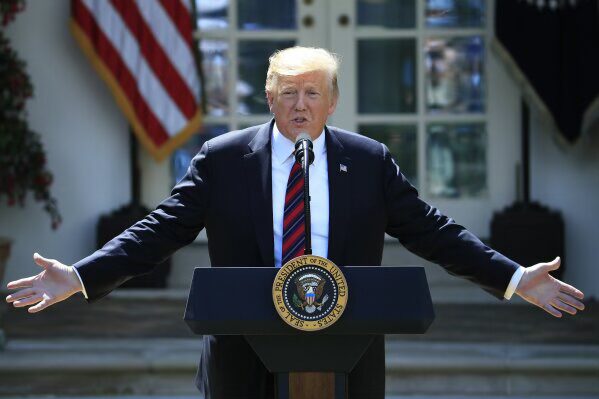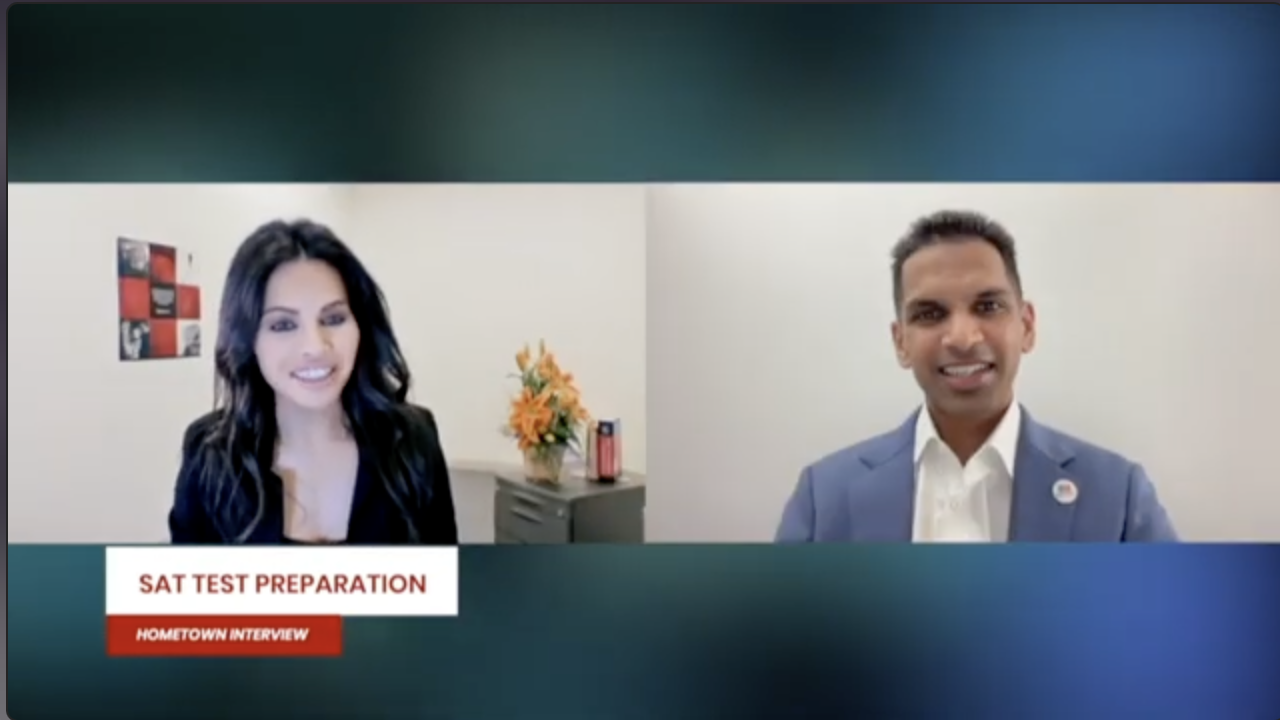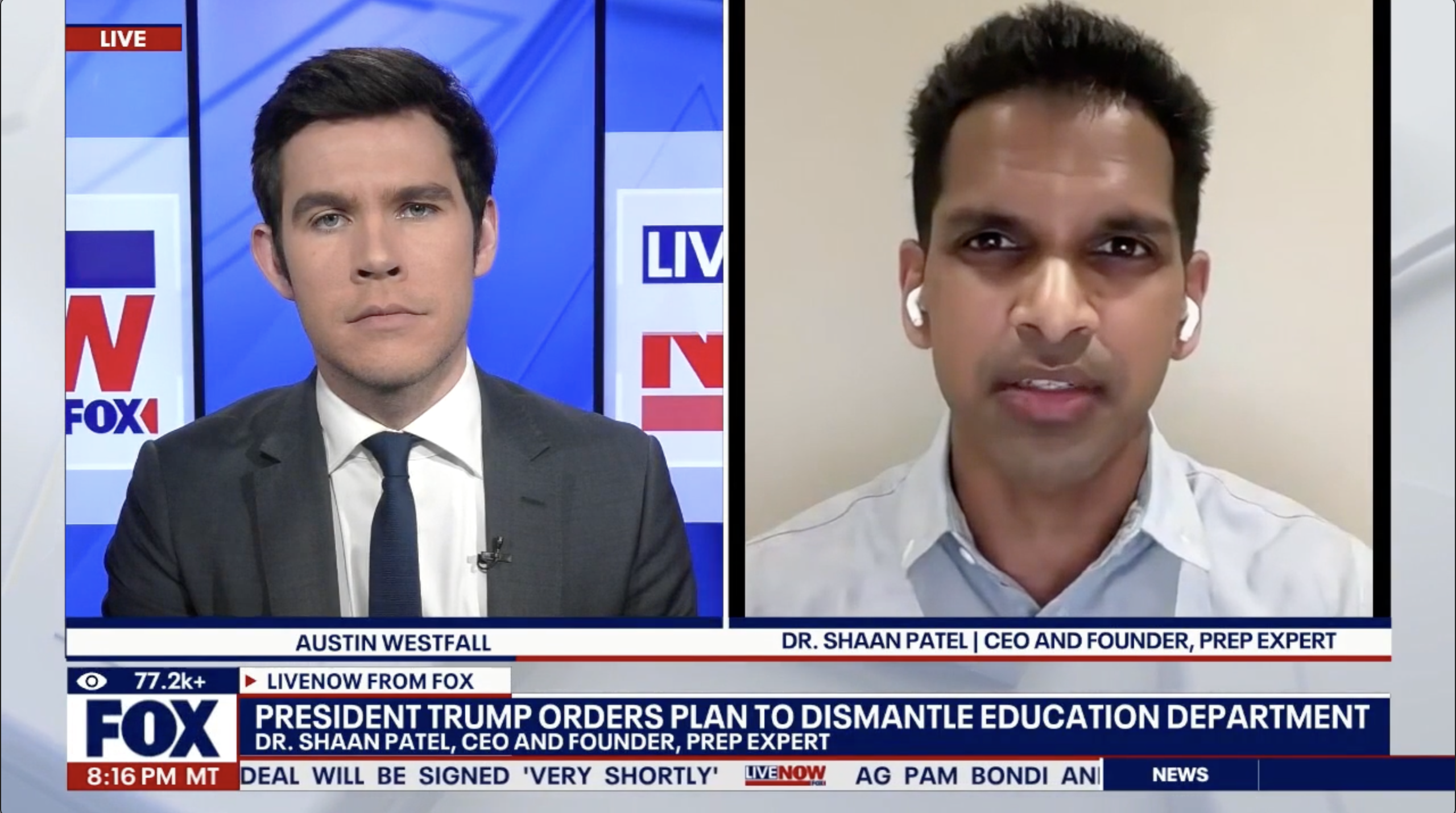From Diplomas to Green Cards: How Trump’s Return To Presidency Could Reshape U.S. Meritocracy

With January 20, 2025 fast approaching, all eyes are on former President Donald Trump’s second inauguration and the policies he plans to implement over the next four years. In Meritocracy, my monthly newsletter focused on revitalizing a culture where hard work, talent, and achievement are rightly rewarded, I’ve often discussed how the ideals of meritocratic governance can help us recalibrate our educational systems, labor markets, and immigration framework. Now, with Trump preparing for a new term, let’s explore how his proposed initiatives might influence America’s ability—or inability—to fully embrace and benefit from meritocracy.
Trump’s Revised “Merit-Based” Agenda
Throughout his 2016 campaign and first term, Trump frequently spoke of transforming our immigration system into a merit-based one. His most headline-grabbing suggestion was to “staple green cards” to diplomas of top foreign graduates from U.S. universities, particularly those specializing in STEM fields. Although these proclamations generated buzz, actual policy execution often proved more complicated.
Now, rumors abound that Trump’s new administration will reignite the push for a robust merit-based immigration overhaul. The question remains: Will this be a consistent, transparent set of laws that truly reward talent? Or will it be another patchwork of contradictory regulations, leaving international students, skilled workers, and their prospective employers uncertain about where they stand?
The potential benefits of a coherent merit-based system for immigrants are clear. Many foreign students are educated in the U.S., have shown academic excellence, and are poised to contribute to industries as diverse as biotech, AI, and climate tech. Recognizing and retaining this talent on American soil could significantly boost innovation and our global competitiveness. On the flip side, policies that appear supportive in speech but remain tangled in bureaucracy will likely frustrate students and employers alike, prompting them to look elsewhere—ultimately undermining the very principle of meritocracy that Trump touts.
K–12 Education Reform: A Return to Basics or More Fragmentation?
In the realm of K–12 education, the first Trump administration highlighted local autonomy over federal oversight. While this approach can enable schools to innovate, it often leaves us with wildly different standards across states and districts. Trump has signaled that he will continue to promote “school choice” models—vouchers, charter schools, and other alternative educational pathways—arguing that competition and parental selection can spur improvement.
From a meritocratic standpoint, competition can indeed foster excellence: schools that perform well attract more students and resources, thereby pushing other institutions to keep up. However, if such reforms are pursued without a plan to ensure underserved areas also receive robust support, “choice” might lead to further stratification. Low-income neighborhoods could be left with underfunded public schools while more affluent families leverage alternatives. In a true meritocracy, talented students from any zip code should have the chance to excel. Trump’s second term could prove pivotal in determining whether we address educational disparities head-on or risk exacerbating them in the name of local autonomy.
Standardized Tests and Accountability
One of my focal points at Prep Expert has always been ensuring that students—regardless of background—have the opportunity to master standardized tests like the SAT and ACT. These exams, despite imperfections, provide an objective yardstick to measure academic preparedness. Trump’s prior commentary hinted at retaining standardized measures in some form, noting their usefulness in identifying top performers. But the cultural tide in some states, universities, and even among policymakers is shifting away from standardized testing. COVID-19 accelerated test-optional policies, creating debates about whether such measures increase fairness or dilute academic standards.
As the new administration resets its agenda, we may see a renewed emphasis on accountability. Trump has indicated in the past that objective metrics are vital to maintaining a competitive educational environment. The challenge, of course, is ensuring that test prep and academic resources are widely accessible. If Trump’s Department of Education pushes to strengthen standardized testing requirements, it will need complementary programs that extend high-quality academic and test-prep support to all students.
The Workplace: Encouraging Innovation or Resurrecting Old Tensions?
On the corporate side, many companies are bracing for potential shifts in hiring practices and regulations, especially regarding visas like the H-1B. A hallmark of Trump’s first term was the effort to tighten these programs, ostensibly to protect American workers, yet critics argued it often blocked or delayed skilled immigrants who had already proven their abilities. Now, with a second term, the administration might refine these rules further, claiming to streamline them to favor truly exceptional candidates.
But the success of any such policy hinges on clarity and consistency. A framework that fairly assesses skill, experience, and industry demand could enhance the workplace meritocracy, ensuring American companies get the talent they need. Contrarily, if new rules emerge with vague definitions of “high skill” or onerous documentation requirements, organizations might become reluctant to hire internationally, stifling creativity and growth.
It’s also worth noting that many forward-thinking businesses have embraced diversity as a key to innovation. A purely “merit-based” system can and should go hand-in-hand with welcoming employees who bring different life experiences and perspectives. Employers, too, benefit most when they can identify and harness an individual’s potential rather than navigate confusing legal hurdles.
The Balancing Act of Meritocracy and Empathy
A crucial part of my philosophy on meritocracy is that it’s not an excuse to be cold or indifferent. Rather, a meritocratic approach demands both high standards and a strong support network. This dual strategy is especially relevant as we anticipate major policy shifts under Trump’s second term. Will the administration find ways to preserve humanitarian programs and family reunifications alongside “merit-first” pathways? The rhetorical emphasis appears to tilt heavily toward performance metrics—be it test scores, job qualifications, or advanced degrees. But comprehensive governance must address the broader tapestry of immigration, including humanitarian needs and family-based considerations.
One could argue that an empathetic meritocracy invests in people who show promise but lack resources, giving them the tools to achieve. For example, if the White House encourages states and private entities to fund scholarships, test-prep initiatives, or workforce development programs, we can marry high standards with genuine opportunity. Over the next four years, it remains to be seen whether Trump’s administration will incorporate these supportive elements or focus primarily on tightening eligibility criteria.
Looking Ahead: A Meritocratic or Missed Opportunity?
Whether in our classrooms or our labor market, a new Trump term may offer a testing ground for meritocracy in action. A genuinely well-designed “staple green cards to diplomas” policy could create a pipeline of bright innovators, while consistent academic standards backed by real resources might help kids in struggling districts break free from generational cycles of poverty.
Yet, these outcomes are hardly guaranteed. If conflicting directives or political infighting derail well-intentioned policies, or if high standards are introduced without adequate support, we risk missing a critical moment to elevate America’s commitment to hard work, excellence, and innovation. We must watch carefully to see whether Trump’s team crafts an immigration and education strategy that aligns with the fundamental ideals of a genuine meritocracy—or returns to piecemeal measures that prioritize headlines over lasting reform.
No matter how the next four years unfold, I remain convinced that America’s competitive edge has always been—and will always be—our belief in the transformative power of talent and perseverance. Harnessing that power demands coherence, fairness, and follow-through from any administration. As we prepare for a new era under Trump’s presidency, let’s hope the nation seizes this opportunity to strengthen the pillars of true meritocracy: high standards, clear rules, and equal access to the ladder of success. Our future depends on it.
Dr. Shaan Patel, MD, MBA is the Founder & CEO of Prep Expert, a Shark Tank Winner, a #1 bestselling author, and a board-certified dermatologist.
Written by Dr. Shaan Patel MD MBA
Prep Expert Founder & CEO
Shark Tank Winner, Perfect SAT Scorer, Dermatologist, & #1 Bestselling AuthorMore from Dr. Shaan Patel MD MBA

WMBCTV News Interview With Dr. Shaan Patel
Why the New Digital SAT Is the Best Version YetBy Dr. Shaan Patel, CEO & Founder of Prep Expert The…

What to Look For in Colleges: A Guide to Successful Searching
When you’re making college decisions, you have a lot to keep in mind. Your college experience isn’t just the four…

Fox News Interview With Dr. Shaan Patel
It’s Time to Rethink the Department of Education By Dr. Shaan Patel, CEO & Founder of Prep Expert Last week,…